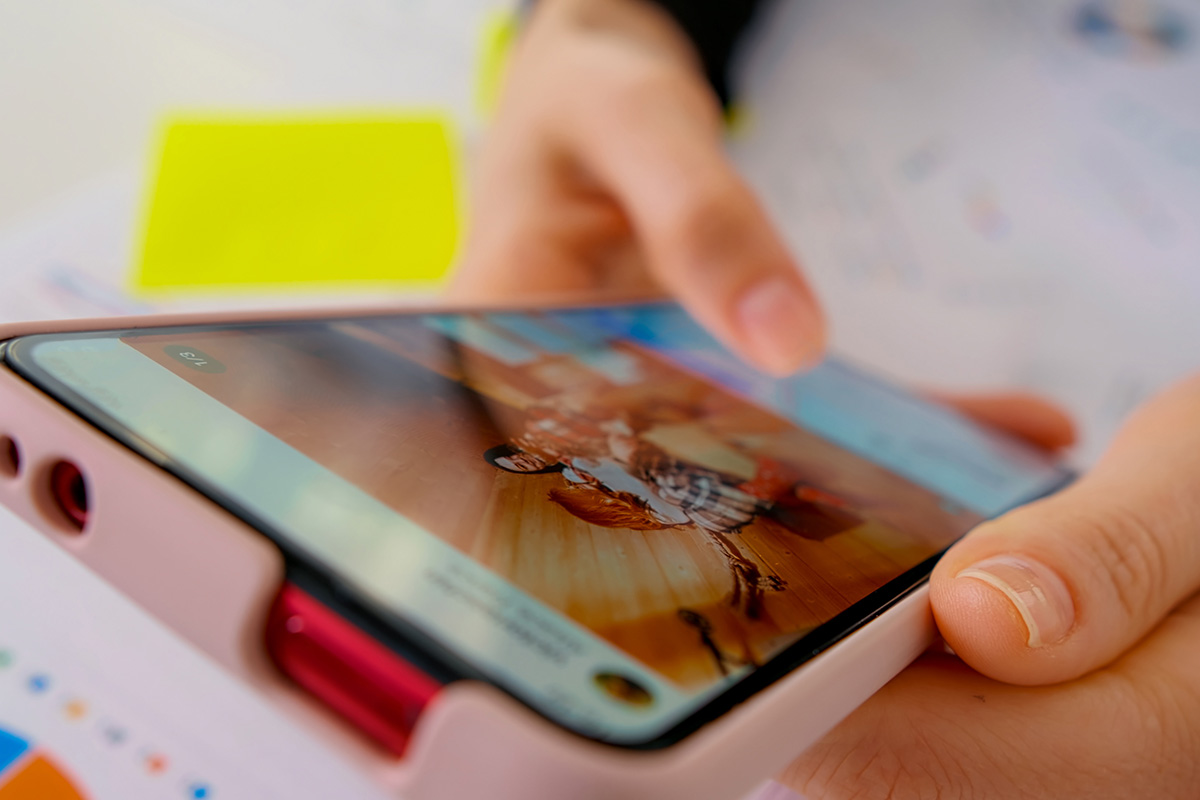If you were anywhere near social media this month, you probably witnessed the TikTok panic. Content creators across America were having collective meltdowns as various states moved to ban the platform. Suddenly, everyone’s social feeds were flooded with frantic “Find me on Instagram!” and “Subscribe to my YouTube!” messages. TikTok influencers were scrambling like it was the digital apocalypse.

The whole saga has been a bit of a rollercoaster – from Trump’s attempts to ban it to Biden signing a law that could ban it nationwide unless ByteDance sells it to state-by-state restrictions popping up like a game of whack-a-mole. While the platform has survived each scare so far (thanks to various legal challenges and interventions), it highlighted a scary truth that many business owners prefer not to think about: they don’t actually own their social media audiences. Not one bit.
Let that sink in for a moment. All those followers you’ve worked so hard to build? They’re actually Meta’s followers, or Twitter’s (sorry, X’s), or TikTok’s. It’s like renting a house versus owning one – except in this case, your landlord can evict you without notice, change the locks, or even demolish the building entirely.
We’ve all heard the nightmare tales. A business’s Facebook account gets hacked, and suddenly, years of community building vanish into the digital void. An Instagram algorithm change cuts your reach by 90%. A platform decides your content violates its ever-changing guidelines, and boom – you’re suspended without warning.
Remember when Facebook (now Meta) had that massive outage in 2021? Businesses that relied solely on Facebook and Instagram for customer communication were suddenly cut off from their entire audience. No warning, no backup plan, just… silence.
Or think about what happened to Vine creators (remember Vine?). One day they’re social media stars, the next they’re scrambling to rebuild their audiences on other platforms because Twitter decided to shut the service down. Some made the transition successfully, others… well, when was the last time you heard from your favourite Vine star?
The TikTok panic shows the true cost of platform dependency
But here’s where it gets really interesting – and by interesting, I mean potentially terrifying for your business. When you rely entirely on social media platforms for your audience connection, you’re essentially:
- Building on rented land
You’re investing time, money, and energy into building an audience on someone else’s property. It’s like setting up a beautiful shop in a mall where the landlord can change the rules, raise the rent, or kick you out at any time. - Playing by ever-changing rules
Social media algorithms change more often than Melbourne’s weather. One day, you’re reaching thousands, and the next day, your posts are being shown to three people and a cat. - Paying for access
Remember when Facebook Pages could reach most of their followers organically? Now you’re lucky if 5% of your followers see your posts unless you pay to boost them. That’s not a bug – it’s their business model.
Now, let’s talk about the alternative: building and maintaining your own database of contacts. It might sound a bit old school, but email lists and customer databases are like the solid brick house in a world of stick and straw houses. Here’s why having your own database is pure gold:
Direct access: When you have someone’s email address (with their permission, of course), you have a direct line of communication. There are no algorithms to navigate, no pay-to-play rules, and no middleman deciding if your message is worthy of being seen.
Better conversion rates: Email marketing still outperforms social media in terms of conversion rates. According to recent studies, email marketing delivers an average ROI of $36 for every $1 spent. Try getting those numbers from a Facebook post!
Real business value: Want to know something interesting? When businesses are valued for sale, their customer database is considered a real asset. Your Instagram following? Not so much.
Control over your message: With your own database, you control how and when you communicate. No more trying to game the algorithm or paying extra just to reach people who already followed you.
Building your own database
So how do you start building your own audience? Here are some practical steps:
- Make it worth their while
People don’t give up their email addresses for nothing anymore. Offer genuine value – maybe it’s exclusive content, special offers, or helpful insights they can’t get anywhere else. - Use social media strategically
Instead of just chasing followers, use your social presence to funnel people toward your owned channels. Think of social media as the party where you meet people, but email is where you build the relationship. - Create multiple collection points
Your website, social media profiles, in-store signage, business cards – anywhere you interact with customers should include an invitation to join your database.
Now, we’re not suggesting you abandon social media entirely – that would be like refusing to attend any industry events because you have a nice office. The key is using social platforms while consistently working to move followers onto your owned channels.
Think of it this way: social media is where you go fishing, but your database is your fish farm. Both have their place, but only one gives you reliable, sustainable results.
This is where we come in (you were wondering when this part was coming, weren’t you?). At MasterJack, we help businesses create content strategies that build genuine connections and turn social followers into loyal database members. We understand the delicate balance between leveraging social media’s reach and building your own sustainable audience.
Because at the end of the day, it’s not just about having followers – it’s about having a reliable way to reach your audience when you need to. And in a world where social media platforms can change the rules overnight, having your own database isn’t just smart – it’s essential for survival.
After all, wouldn’t you rather own your audience than rent it?
